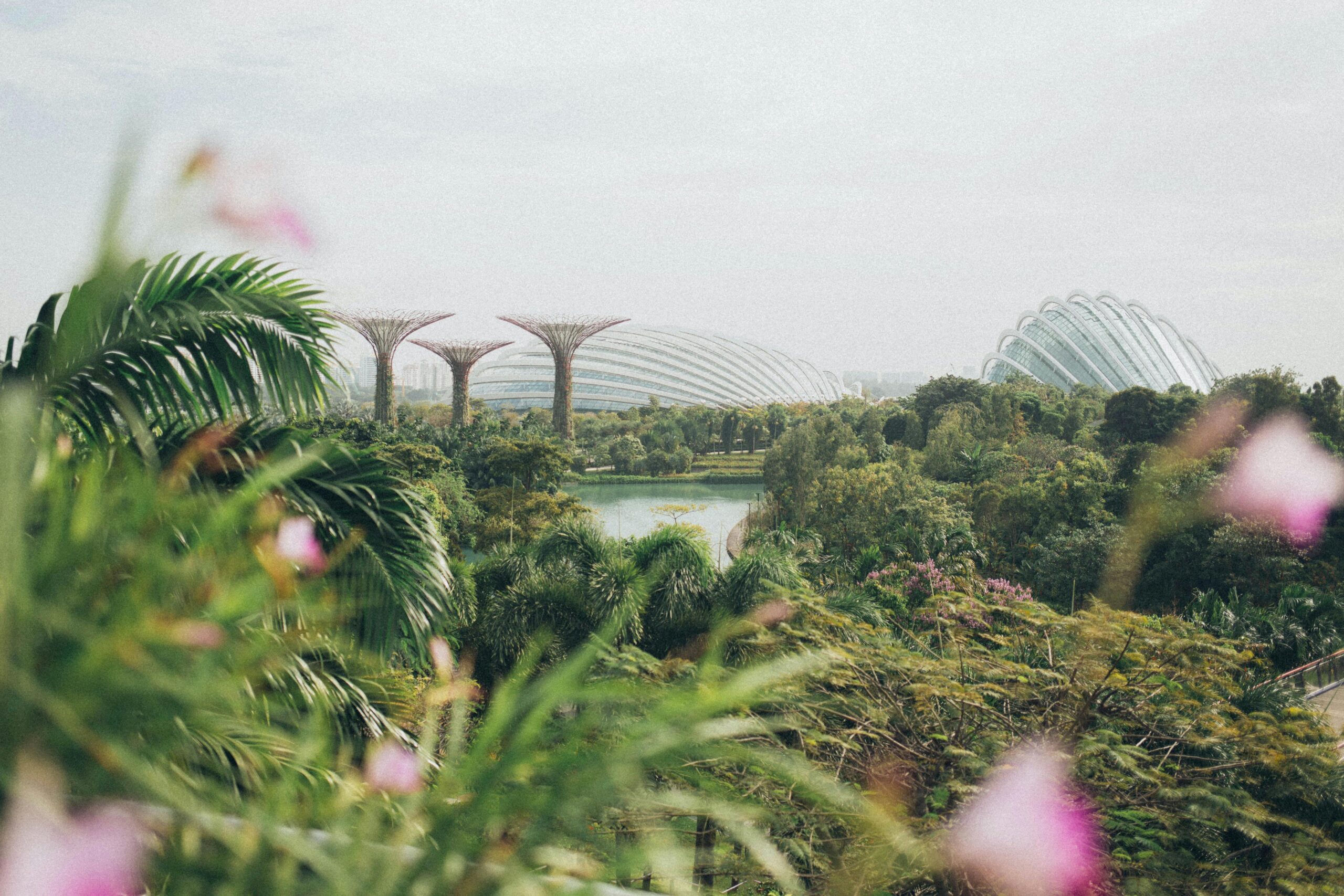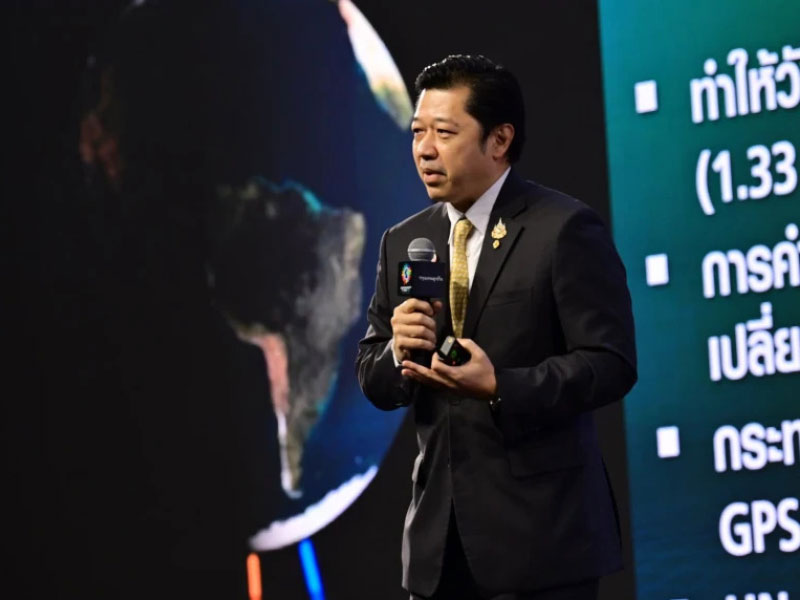How green tech startups are reshaping Singapore’s future
Singapore startups are embracing green technology at an accelerating pace, positioning the city-state as a leader in sustainable innovation across Asia. Entrepreneurs are developing solutions that range from renewable energy systems to eco-friendly construction materials, all aligned with Singapore’s Green Plan 2030.
In a densely populated urban environment like Singapore, sustainable development is not a luxury but a necessity. Green tech startups are working closely with government bodies, multinational corporations, and research institutions to push the boundaries of what a Smart Nation can achieve. Initiatives like Enterprise Singapore’s support programs have empowered these innovators to scale solutions that address climate change, resource scarcity, and urban livability.
Singapore business leaders recognize that economic competitiveness increasingly depends on environmental stewardship. Startups leading the charge are proving that profitability and sustainability can, and must, go hand-in-hand.
Leading green tech startups driving change
Several Singapore startups are making remarkable contributions to sustainability:
Sunseap Group: A leader in solar energy solutions, Sunseap develops solar farms and offers solar leasing options for commercial and residential properties. In 2022, Sunseap was acquired by EDP Renewables for US$807 million, marking one of the largest clean energy deals in Southeast Asia.
EcoWorth Tech: Spun out of Nanyang Technological University (NTU), EcoWorth Tech has developed the Carbon Fibre Aerogel (CFA) technology. CFA transforms waste biomass into reusable aerogels that purify water and capture air pollutants, offering a scalable solution for environmental cleanup.
Floating Solutions: This startup specializes in building modular, sustainable floating structures for urban living and renewable energy generation. Their innovations support Singapore’s vision of maximizing limited land resources through creative engineering.
In addition, companies like Resync Technologies are deploying AI-powered platforms that optimize energy consumption across buildings and infrastructure, reducing carbon footprints without compromising efficiency.
Singapore startups like these illustrate how green innovation is becoming a critical part of urban and economic planning.
Impact on Singapore’s economy and urban landscape
The rise of green tech startups is transforming more than just infrastructure — it is reshaping Singapore’s economic model. As demand grows for low-carbon, sustainable solutions, these startups are creating new sectors, job opportunities, and investment channels.
Government support has been pivotal. Initiatives such as the Green Plan 2030 and funding programs by Enterprise Singapore ensure that local innovators receive the backing they need to compete globally. In 2023, the Singapore Economic Development Board (EDB) reported a 15% increase in green tech investments year-on-year, highlighting a sector poised for rapid growth.
Moreover, green tech innovations are directly improving urban livability. From reducing heat island effects through green buildings to enhancing water security via advanced treatment technologies, Singapore startups are helping the city-state build resilience against climate-related challenges.
Singapore business leaders increasingly view green technology as not just a compliance exercise, but a strategic differentiator that can open new markets and future-proof their operations.
Conclusion
Green tech startups are at the forefront of Singapore’s journey toward a sustainable, resilient future. Companies like Sunseap, EcoWorth Tech, and Floating Solutions exemplify how innovation can transform environmental challenges into opportunities for growth.
As Singapore strengthens its Smart Nation and Green Plan agendas, the role of startups will be more critical than ever. The Lion City is not just participating in the global green revolution — it is helping lead it.
Discover more inspiring journeys on Feature.Asia: 10 Entrepreneurs Under 30 Changing Asia’s Economy














